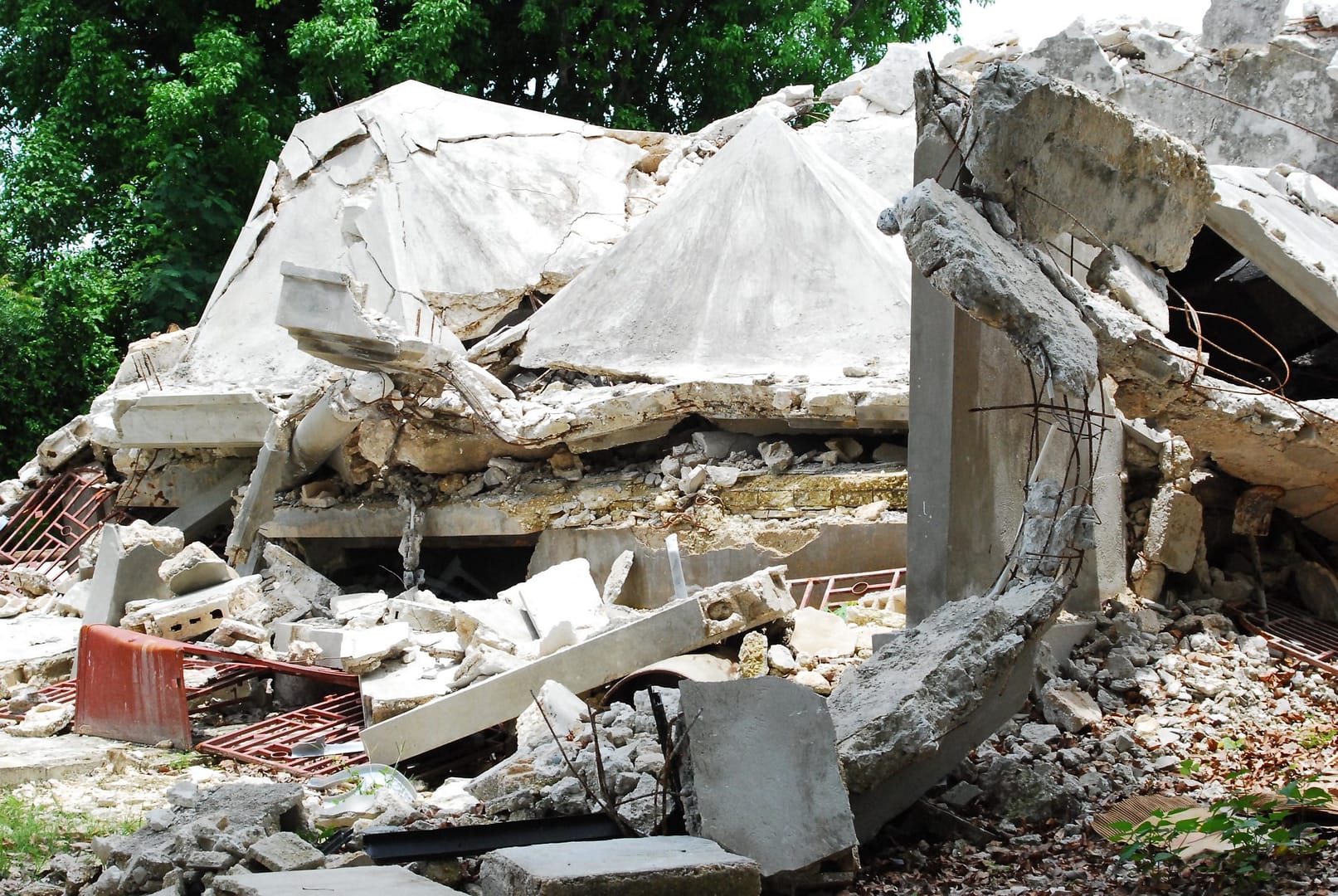Crisis Event Trends

We live in a time where major Crisis Events happen all too often. Responding to Crisis Events effectively requires a prayerful, coordinated and “people over projects” approach. As seen from this chart, the number of Crisis Events has grown significantly since 1980 to the present. We have seen massive, 1,000-year events from floods in Houston, Texas and major fires in California and Australia. We have also seen famine, earthquakes, drought, typhoons, epidemics and more from around the world.
Opportunities in Crisis
God creates a mission field in the wake of every crisis. We see these events as opportunities to minister to impacted individuals and communities in both word and deed. Responding to crisis events offers the opportunity to be intentional in building relationships. It provides an opportunity to share the gospel message with those that do not know Christ.

Serving and ministering during times of Crisis requires preparation. The ability to quickly move trained and available resources to a crisis site necessitates commitment, planning, prioritization, and coordination.
Chaos in the midst of a new crisis event is common. Having a clear, well defined “battle plan” to respond to crisis events helps mitigate the chaos. It enables focusing scarce resources to provide needed aid and support to impacted communities and individuals. Moreover, specific plans created by local churches enables them to serve their communities. Planning helps ensure the local church’s ministry can continue to function throughout the crisis recovery process. It enables the church to bring the gospel message of hope and healing to impacted people.
Prepare, Serve, Transform
A key goal of the Crisis Response Team is to create a “ready reserve” that enables the ministry to respond quickly and effectively to crisis events as they occur. To achieve this goal, the Crisis Response Team has developed a series of training sessions to prepare, train and enable local churches. These sessions typically occur over one or more one-day sessions that cover key topics such as:

- ReachGlobal’s Crisis Response Ministry – overview, goals, and objectives
- Potential risks/disaster events that could impact your local area, church, and community
- The likelihood/probability for any of these identified events to occur
- Identification of church ministries and the key information, people, and facilities necessary for these ministries to function effectively
- Preparation requirements for your church
- Requirements to form a local team and train team members
- Formation of a response plan including communication to church members, the community and local government (as needed)
- Church and community restoration, outreach and discipleship
- Mobilization in the wake of a crisis event
- Discipleship for impacted individuals and volunteers
Call to Action
ReachGlobal’s Crisis Response Team needs church partners. Responding to Crisis Events requires teams of trained and available individuals. Crisis event sites require full-time dedicated staff. Will your church help? Will you help?
